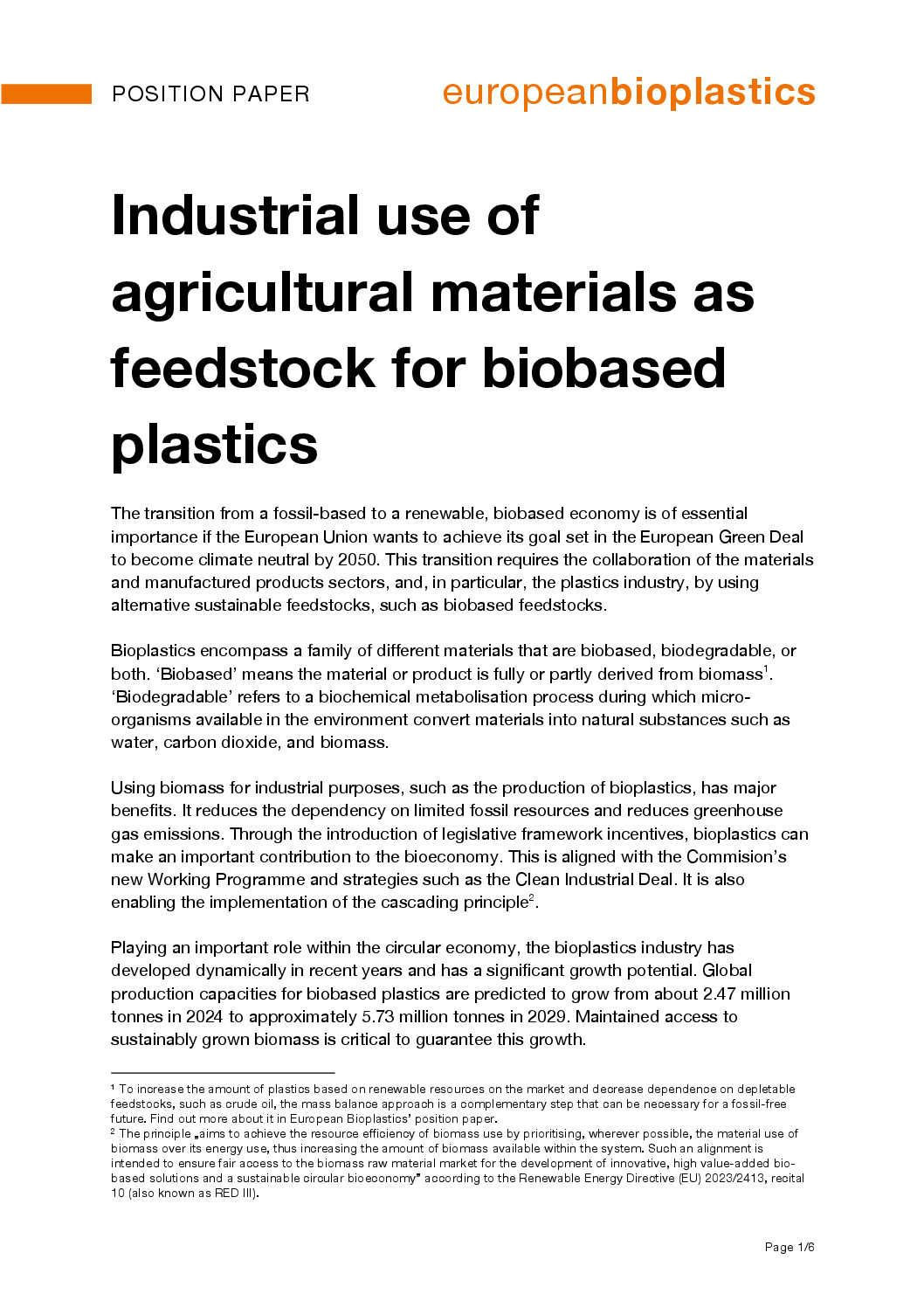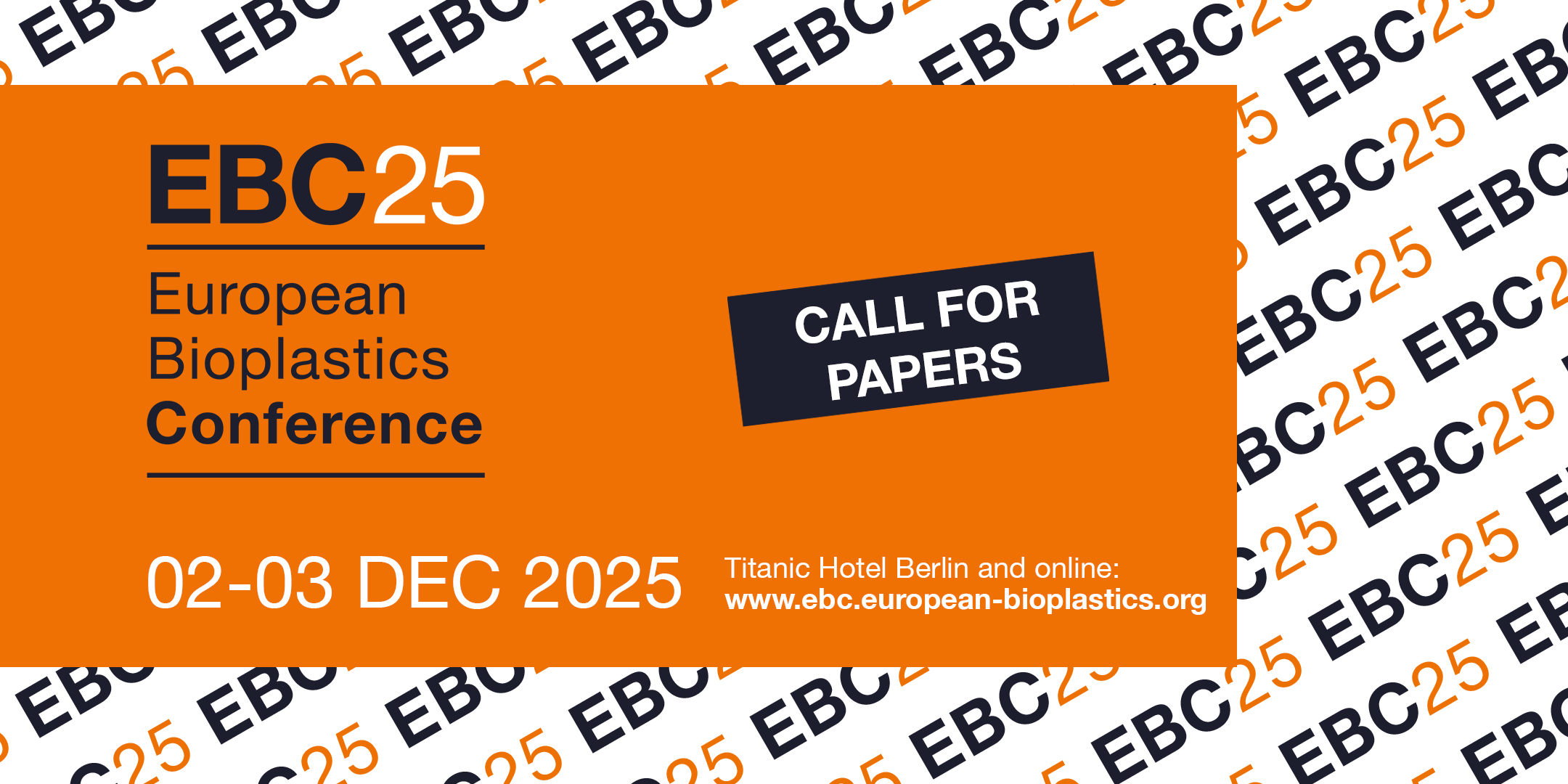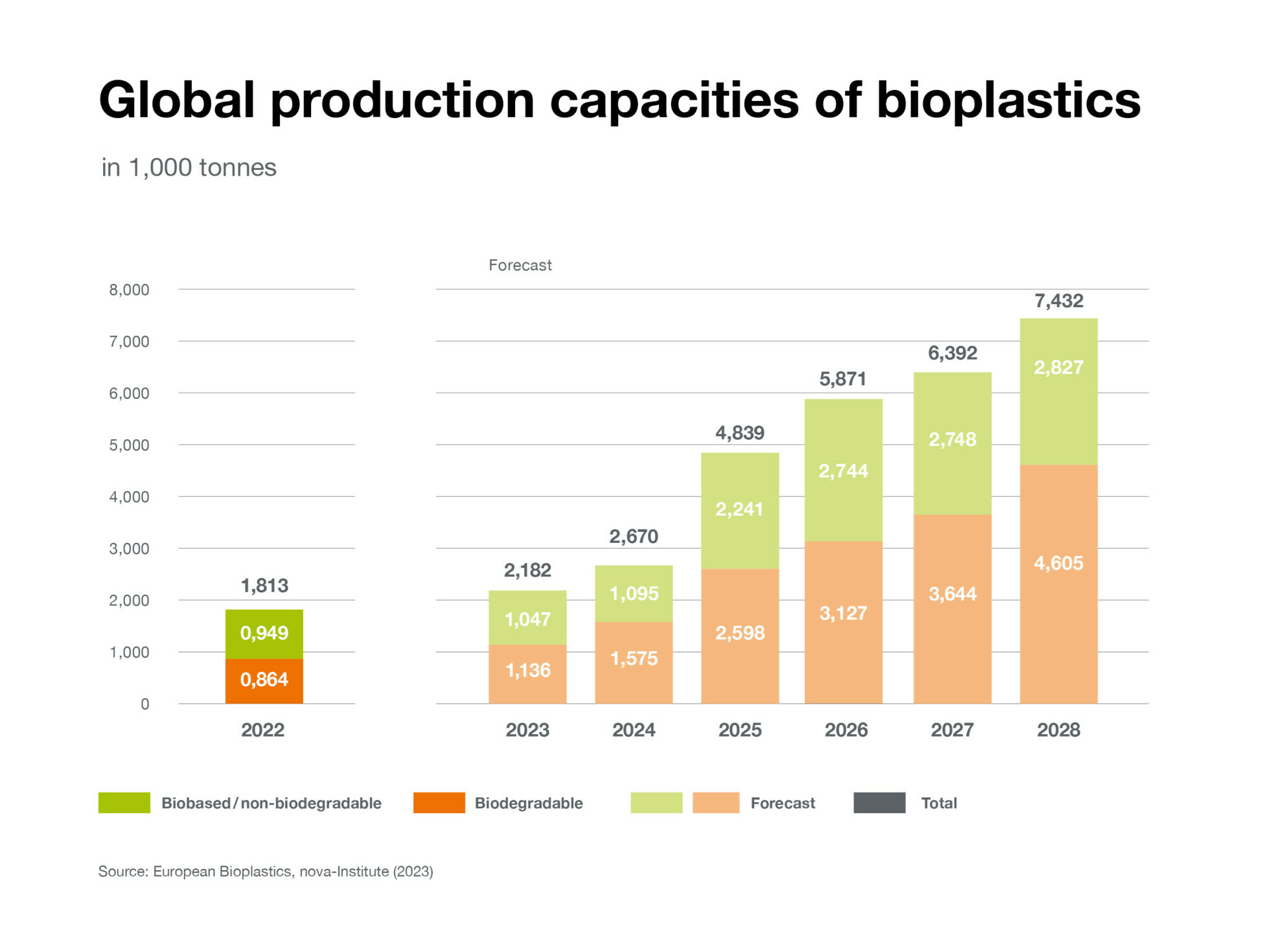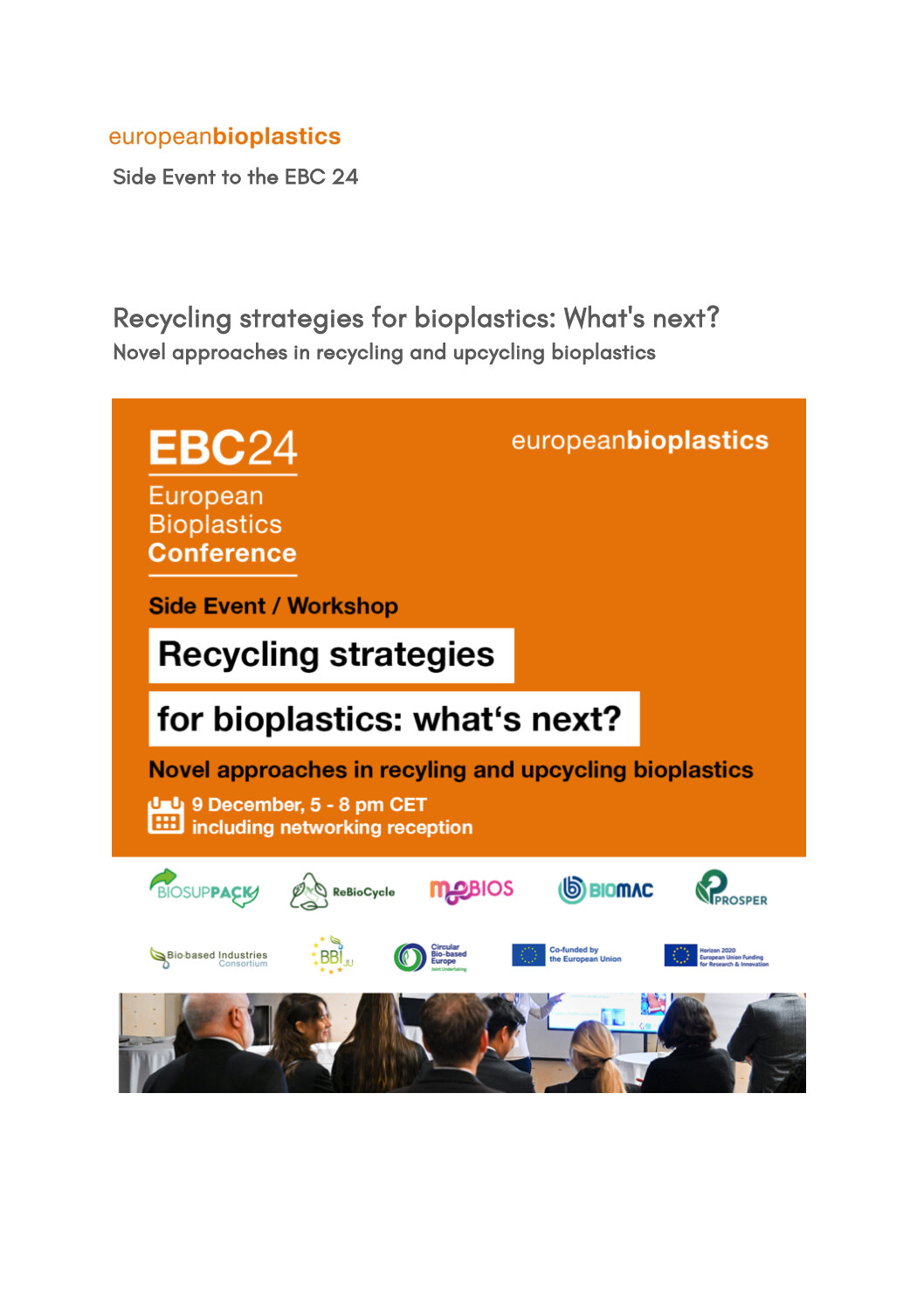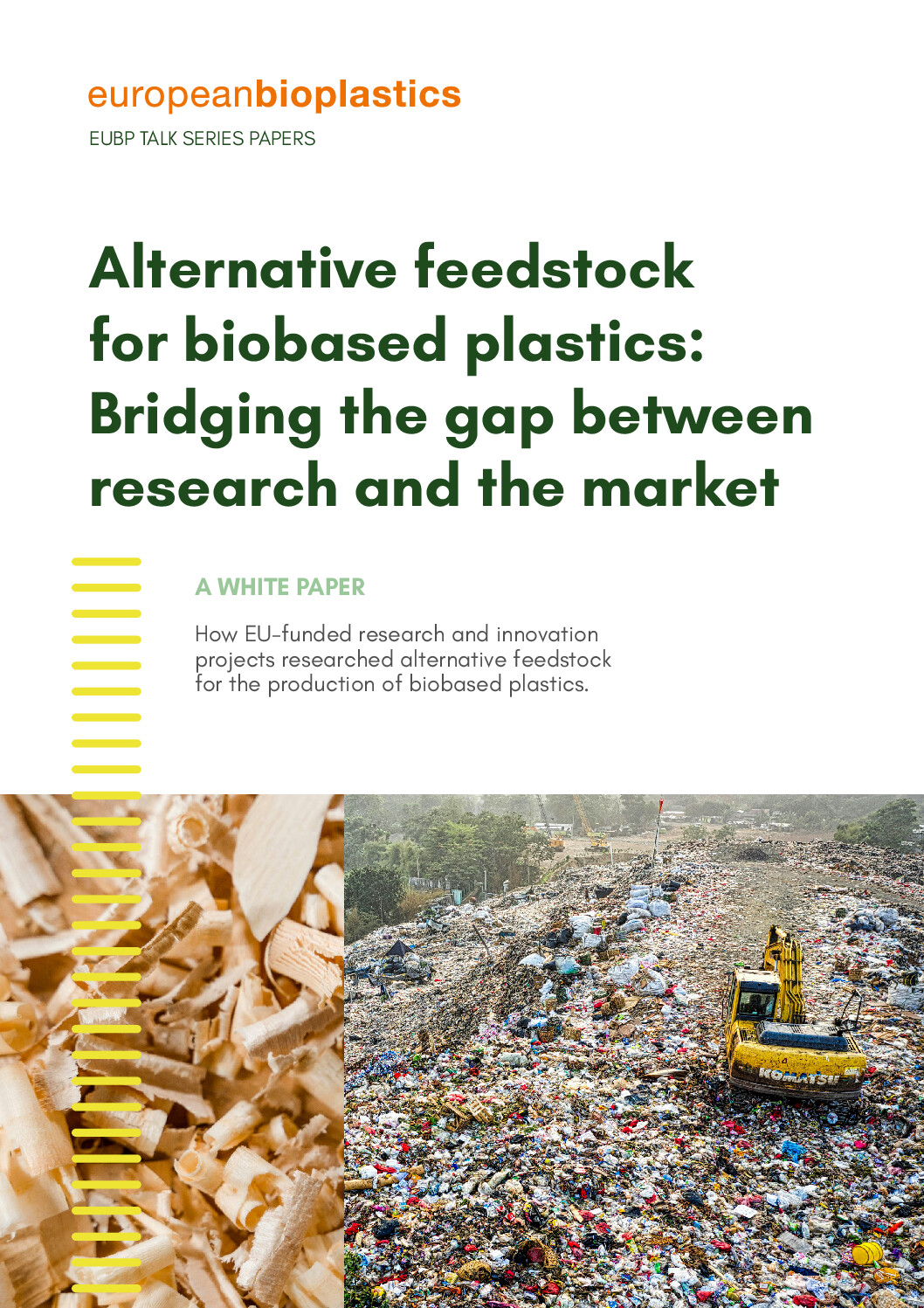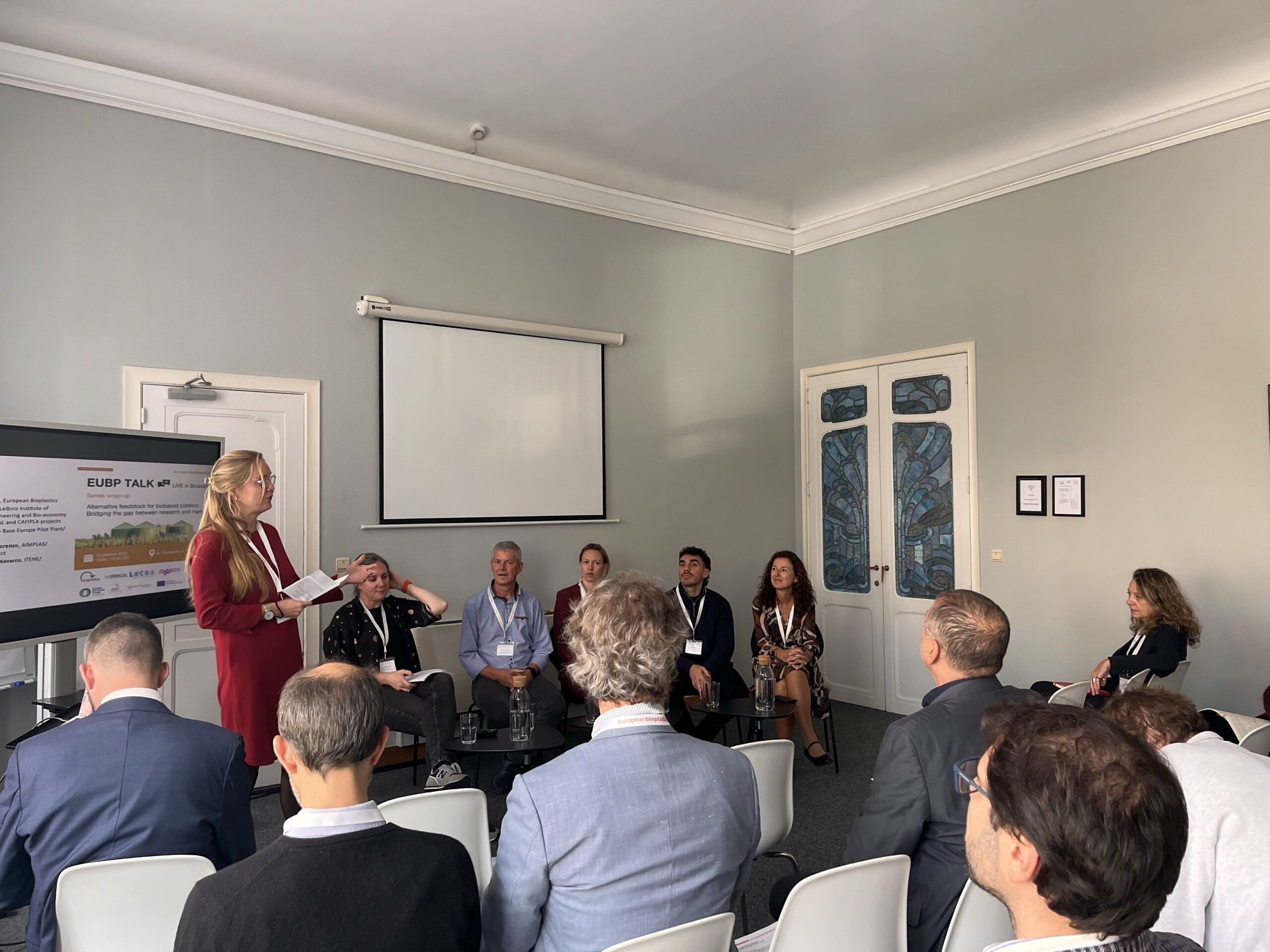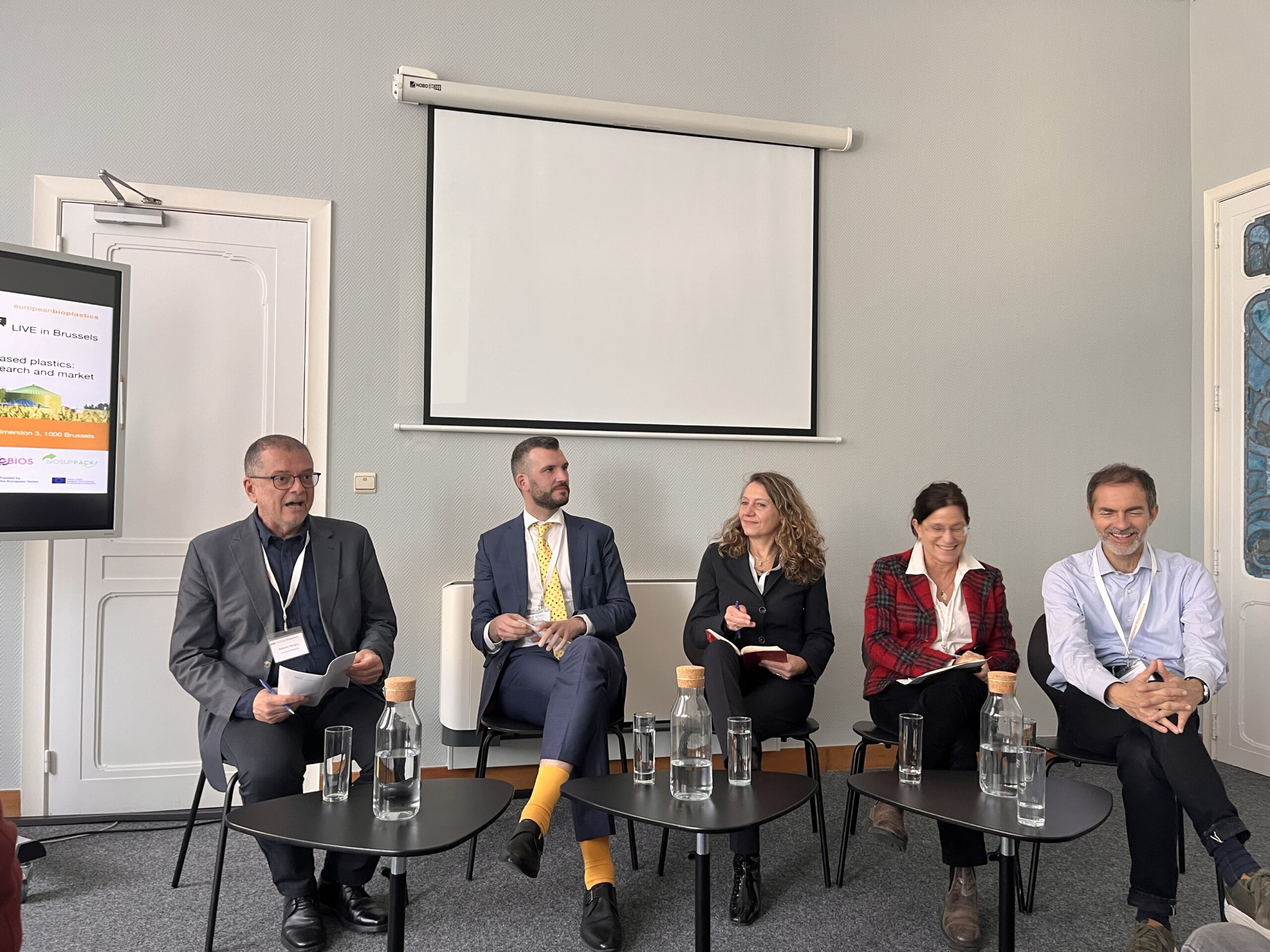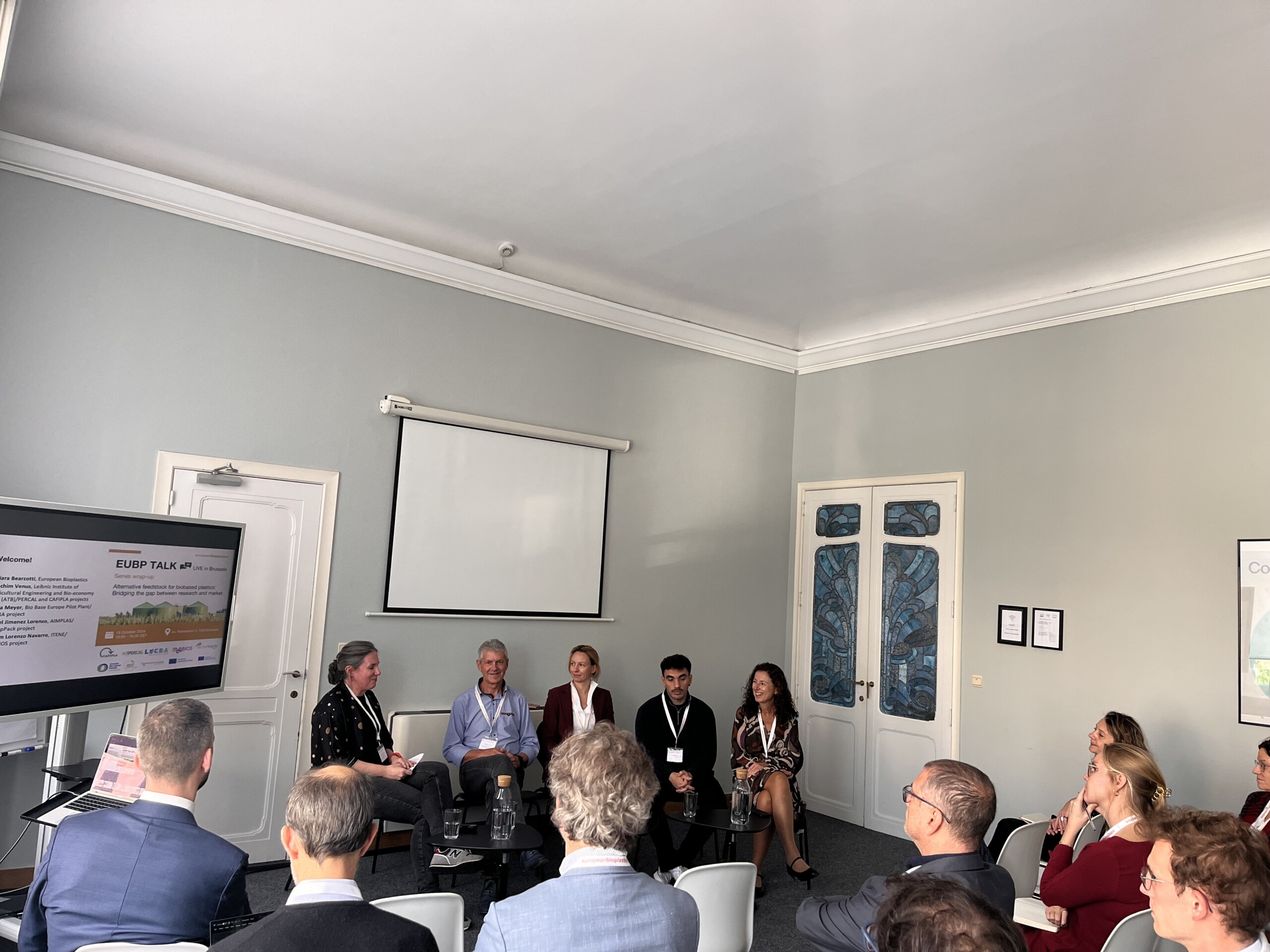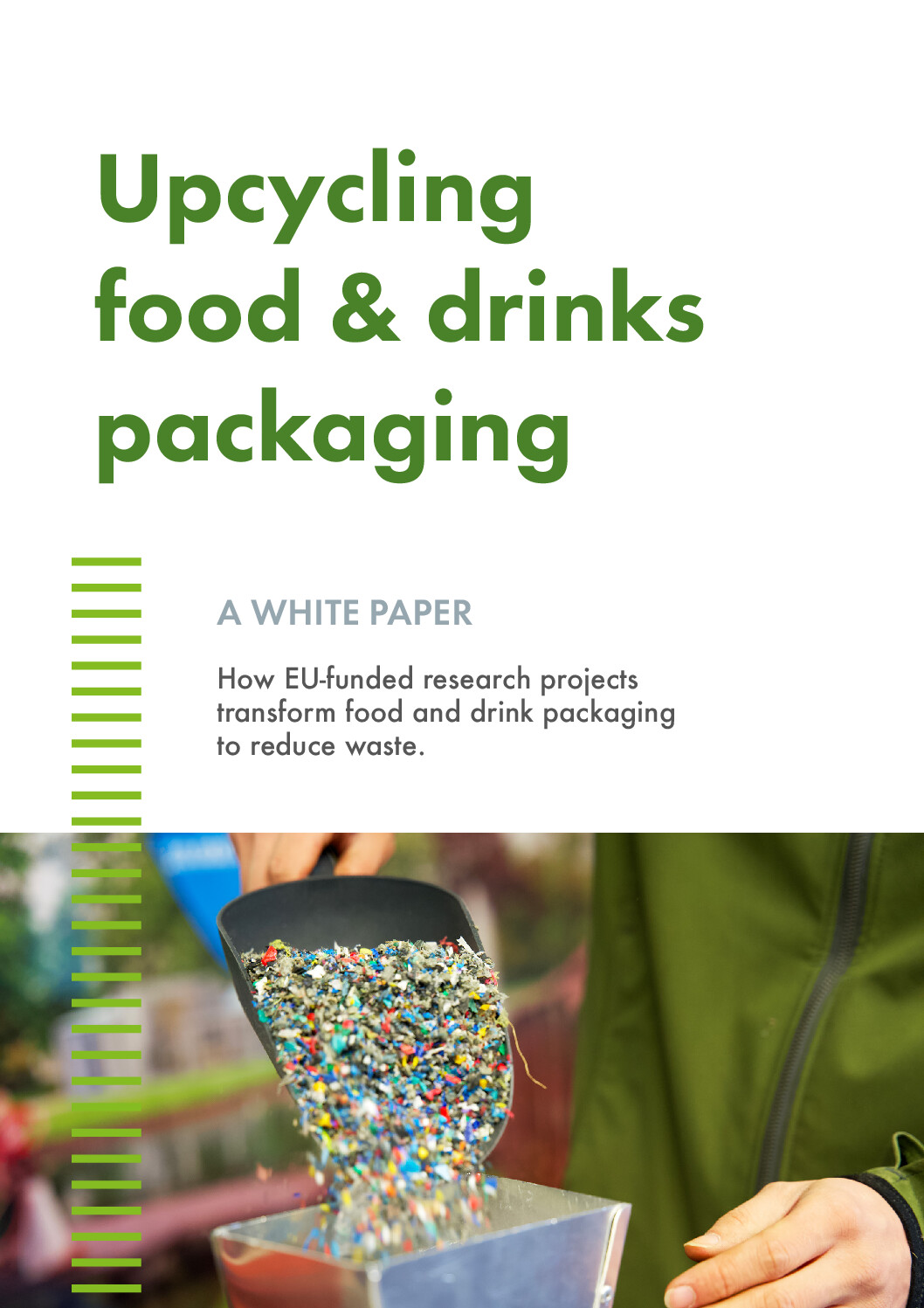Industrial use of agricultural materials as feedstock for biobased plastics
Open the document The transition from a fossil-based to a renewable, biobased economy is of essential importance if the European Union wants to achieve its goal set in the European Green Deal to become climate neutral by 2050. This transition requires the collaboration of the materials and manufactured products sectors, and, in particular, the [...]
